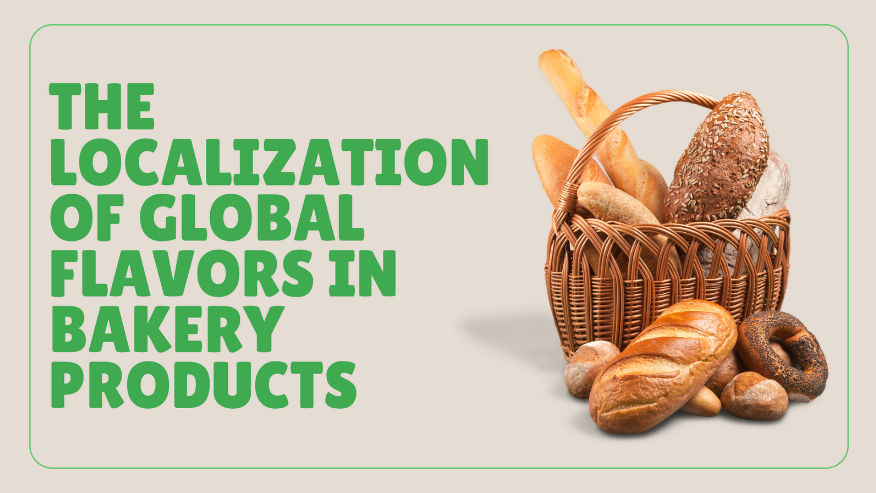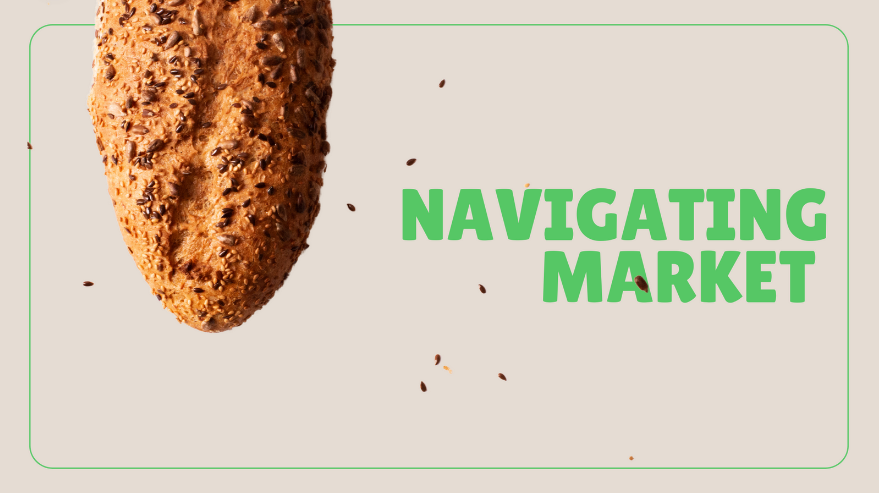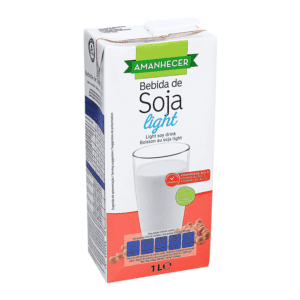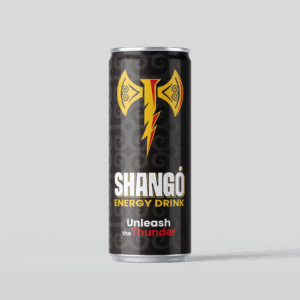
The Localization of Global Flavors in Bakery Products: A Strategic Opportunity for European B2B Suppliers
In the rapidly evolving global food industry, the bakery sector is embracing a significant trend known as “Local Goes Global.” This trend blends global flavors with local ingredients, creating unique and innovative products that appeal to diverse consumer markets. For European suppliers of bakery goods, this trend offers a unique opportunity to expand their B2B operations into the burgeoning markets of Asia and the Middle East, particularly in high-growth areas like China.
A Growing Appetite for Global Flavors
The demand for bakery products that merge the rich traditions of European baking with flavors familiar to local palates is on the rise in regions like China and the Middle East. According to data from Mordor Intelligence, African-flavored bakery products have seen a 13% Compound Annual Growth Rate (CAGR) between 2020 and 2023, while East Asian-inspired flavors have grown by 5% during the same period.
This growing interest in novel and exotic flavors presents an opportune moment for European bakery goods suppliers to introduce such products in these markets, especially through B2B channels where bulk transactions are critical for market penetration.
In China, the bakery market is booming, driven by urbanization, rising disposable incomes, and a growing middle class that is increasingly interested in premium and innovative food products. Research by Euromonitor International projects that the Chinese bakery market will grow at a CAGR of 8.5% from 2021 to 2026.
Chinese distributors and retailers are not only willing to pay a premium for high-quality products but are also looking for bakery items that offer a blend of global and local flavors, such as European pastries infused with popular Chinese ingredients like matcha or red bean paste. Establishing B2B partnerships with local distributors is crucial for European suppliers to ensure that these products reach the right retail and hospitality sectors.
Similarly, the Middle Eastern bakery sector is experiencing robust growth, with a projected CAGR of 6.5% over the next five years, as reported by Mordor Intelligence. This growth is fueled by a strong demand for premium products that resonate with regional tastes, particularly those that combine European quality with flavors like dates, saffron, and rosewater.
These products are particularly appealing to a consumer base that values both tradition and innovation in their food choices. For European suppliers, forming B2B alliances with regional partners can facilitate the introduction of these specialized products into local markets, ensuring they meet cultural and taste preferences.

The Strategic Advantage of Local Sourcing
For European suppliers aiming to succeed in these markets, a key B2B strategy involves integrating global flavors with locally sourced ingredients. This approach not only enhances the authenticity and appeal of the products but also aligns with a broader consumer trend towards sustainability and local sourcing.
For instance, a European supplier exporting to China could promote products that incorporate locally sourced jasmine tea or red bean paste, creating a unique fusion that resonates with local consumers while maintaining the quality and craftsmanship associated with European baking.
NielsenIQ reports that 55% of consumers in Asia prioritize locally sourced ingredients when purchasing bakery products, indicating a strong preference for freshness and authenticity. This preference is not just about flavor but also about the perceived health benefits and environmental impact of local sourcing.
By emphasizing the use of locally sourced ingredients, European suppliers can tap into this growing demand while supporting sustainability—a key concern for modern consumers. B2B platforms can facilitate these sourcing partnerships, ensuring a seamless supply chain that meets both regulatory and market expectations.
Furthermore, Mintel’s Global Food and Drink Trends report reveals that 45% of global consumers consider sustainability when choosing bakery products. This trend is particularly strong in Asia and the Middle East, where consumers are becoming increasingly aware of the environmental impact of their food choices.
For European suppliers, aligning with these values can enhance their appeal in these markets, offering a competitive edge in a crowded marketplace. Leveraging B2B marketplaces that emphasize sustainability and local partnerships can be a key differentiator for companies looking to expand internationally.

Navigating Market Expansion with the Right Tools
Expanding into these high-growth markets requires more than just a great product; it necessitates strategic B2B partnerships and the right digital tools to manage the complexities of international trade.
Leveraging a platform like uFoodin can be crucial in this regard. uFoodin offers European suppliers a suite of tools designed to facilitate their expansion into Asia and the Middle East, from managing international shipping and secure transactions to connecting with local suppliers and distributors.
By integrating with local partners through B2B platforms, suppliers can ensure that their products not only meet the tastes of regional consumers but also align with local market regulations and preferences.
For example, working with local distributors who understand the nuances of the Middle Eastern market can help European suppliers adapt their products to local tastes while maintaining the integrity of their brand. Similarly, leveraging digital platforms to handle logistics and transactions can streamline the entry process into these markets, reducing the risk and complexity associated with international expansion.
uFoodin’s platform enables suppliers to manage these aspects efficiently, providing them with the visibility and control needed to succeed in new markets. The platform also offers detailed insights into buyer behavior, allowing businesses to tailor their offerings to meet the specific needs of their customers.
This data-driven approach can help European suppliers identify emerging trends, refine their product offerings, and ultimately achieve greater market penetration in Asia and the Middle East.

The localization of global flavors presents a significant opportunity for European suppliers of bakery goods looking to expand into Asia and the Middle East, particularly in rapidly growing markets like China.
By combining the best of European baking traditions with the unique tastes of local markets, businesses can create products that resonate deeply with consumers, driving growth and establishing a lasting market presence.
As demand for globally inspired, locally adapted bakery products continues to rise, European suppliers have a unique opportunity to establish a strong foothold in these regions. By strategically leveraging local partnerships and digital platforms like uFoodin, these businesses can effectively meet the evolving tastes of consumers in Asia and the Middle East, ensuring their success in these dynamic B2B markets.























